 Conducting interdisciplinary or even transdisciplinary research has become more to the fore in many academic fields. As a result of the steady rise of multidisciplinary research It has been made more explicit in REF 2021 [1]. For example, REF 2021 UoA 2 Public Health, Health Services & Primary Care “recognises the breadth and diverse range of single, multidisciplinary and/or multi-professional research across public health, health services and primary care”, whilst UoA22 Anthropology & Development Studies states that its submissions “can be multidisciplinary or interdisciplinary and may combine social science with other disciplines”.
Conducting interdisciplinary or even transdisciplinary research has become more to the fore in many academic fields. As a result of the steady rise of multidisciplinary research It has been made more explicit in REF 2021 [1]. For example, REF 2021 UoA 2 Public Health, Health Services & Primary Care “recognises the breadth and diverse range of single, multidisciplinary and/or multi-professional research across public health, health services and primary care”, whilst UoA22 Anthropology & Development Studies states that its submissions “can be multidisciplinary or interdisciplinary and may combine social science with other disciplines”.
However, doing multidisciplinary research is not without its problems (and barriers). In a paper accepted today we reflect on some of these issues [2]. The co-authors are Bournemouth University’s Dr. Pramod Regmi, Dr. Nirmal Ayral and Prof. Edwin van Teijlingen, and BU Visiting Professor Padam Simkhada (Public Health Institute, Liverpool John Moores University) and BU graduate Dr. Pratik Adhikary (Green Tara Nepal). We all are Public Health researchers, with very different educational backgrounds and training, reflecting the diversity of and interdisciplinarity in the field. Several of us have a first degree in Education or Health Education, but one has a first degree in Sociology. Whilst four of the five authors have Master degree in Public Health and/or Health Promotion, two have a Master in Education. Most of us have a Ph.D. in Public Health, but again one of us has a Ph.D. in Sociology. Our paper ‘Interdisciplinary Research in Public Health: Not quite straightforward’ has been accepted by the journal Health Prospect [2]. The advantage of this journal, which is part of the NepJOL family is that it is Open Access and hence freely available for anybody working in Public Health across the globe.
Prof. Edwin van Teijlingen
Centre for Midwifery, Maternal & Perinatal Health (CMMPH)
Reference:
- REF 2021 (2018) Consultation on the draft panel criteria and working methods https://www.ref.ac.uk/media/1013/consultation-on-the-draft-panel-criteria-and-working-methods-ref-2018_02.pdf
- van Teijlingen, E., Regmi, P.R., Adhikary, P., Aryal, N., Simkhada, P. (2019) Interdisciplinary Research in Public Health: Not quite straightforward, Health Prospect (forthcoming)


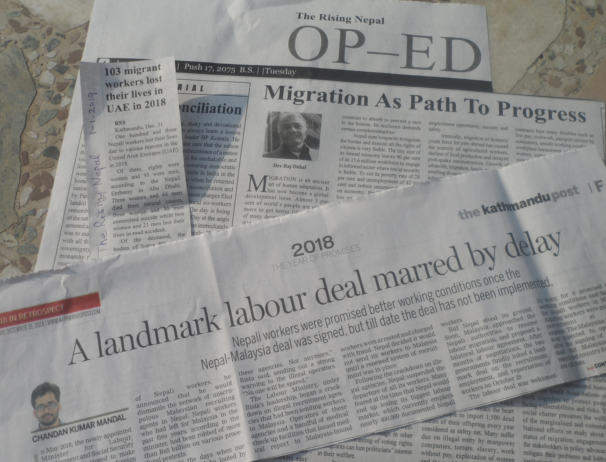
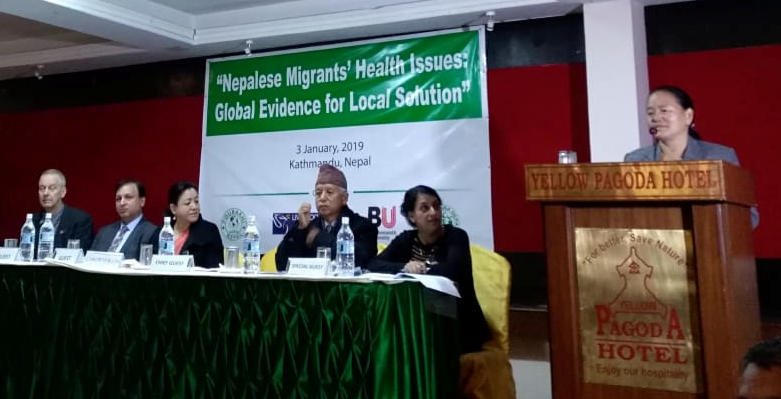

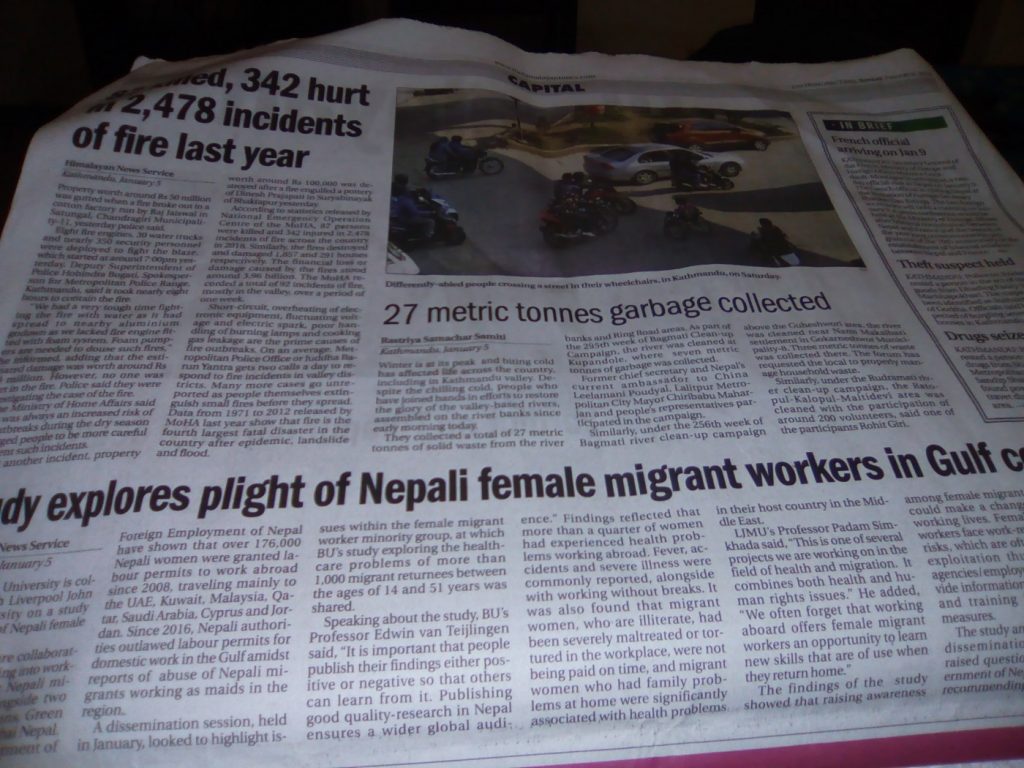
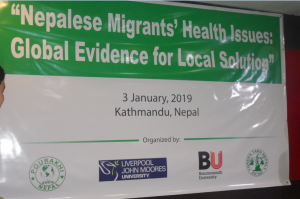
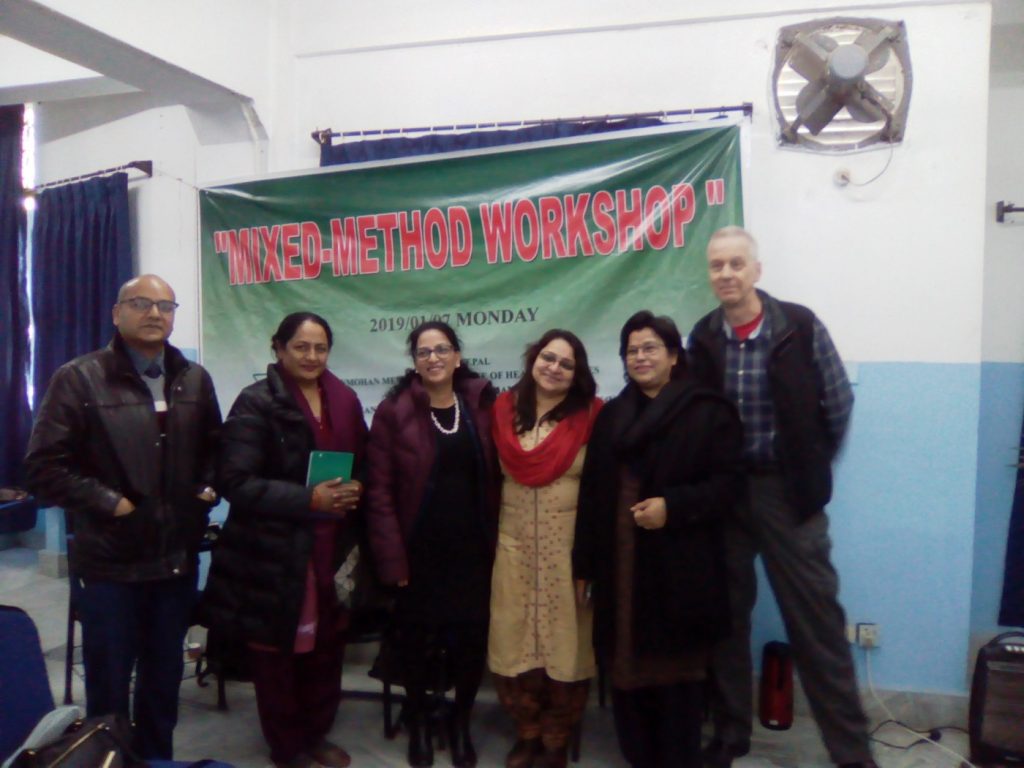
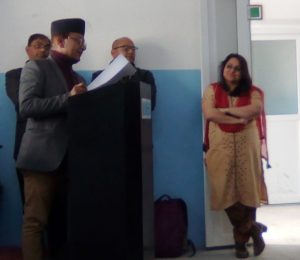
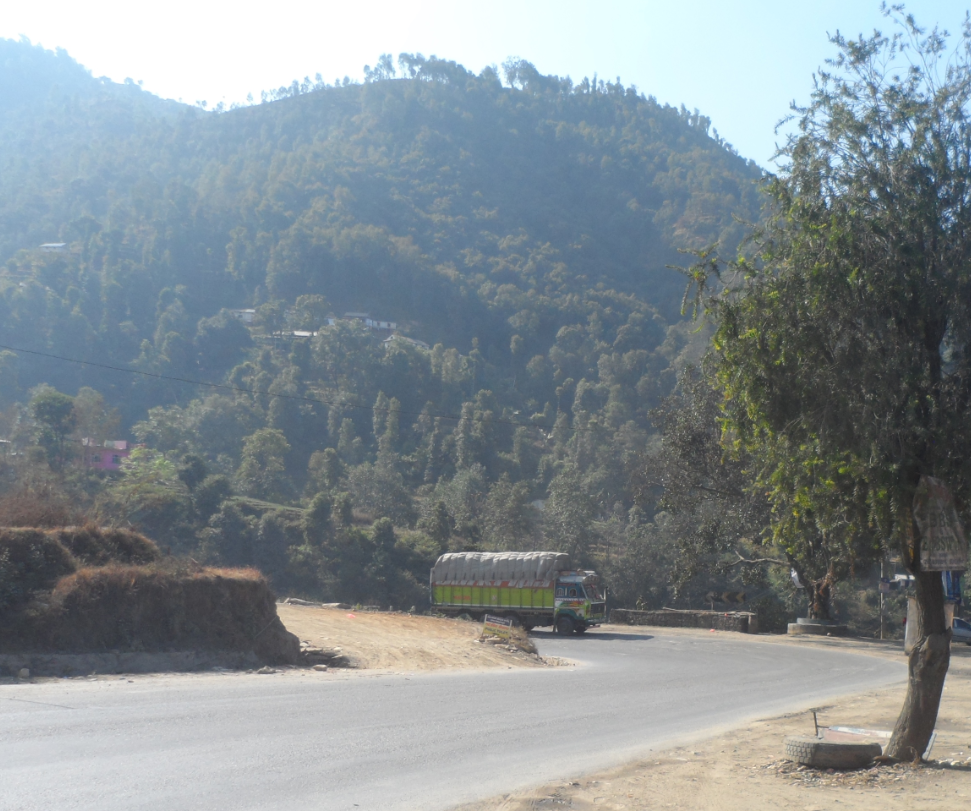
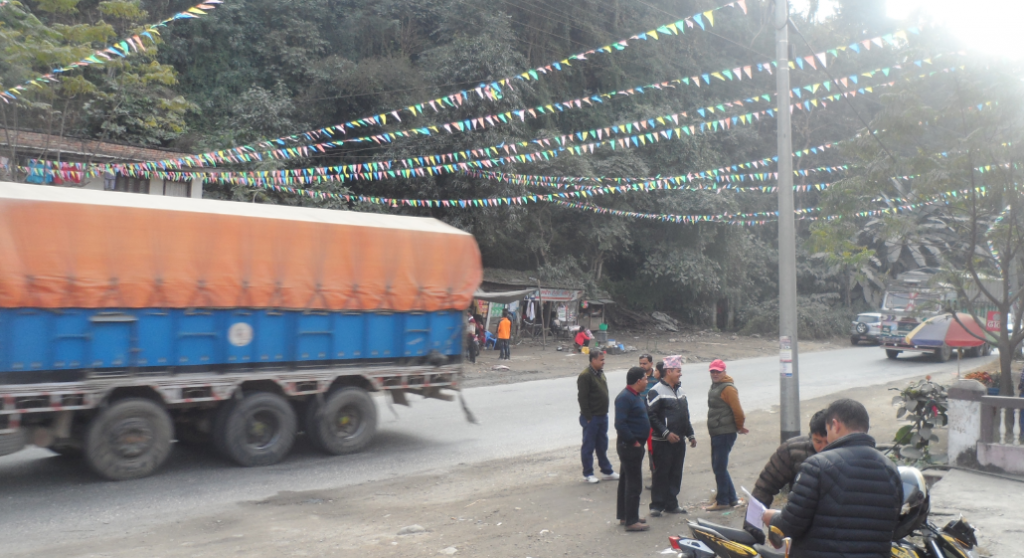
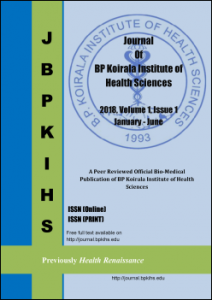
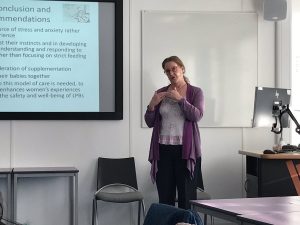
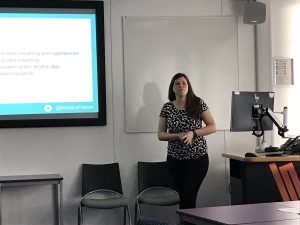
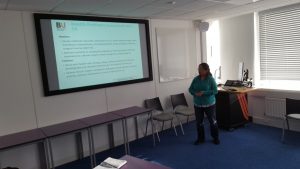
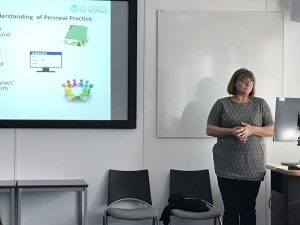

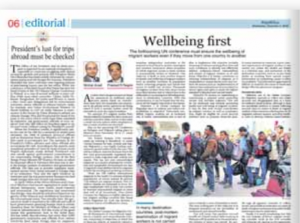

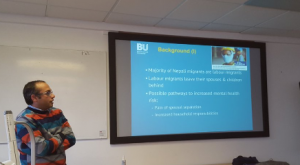


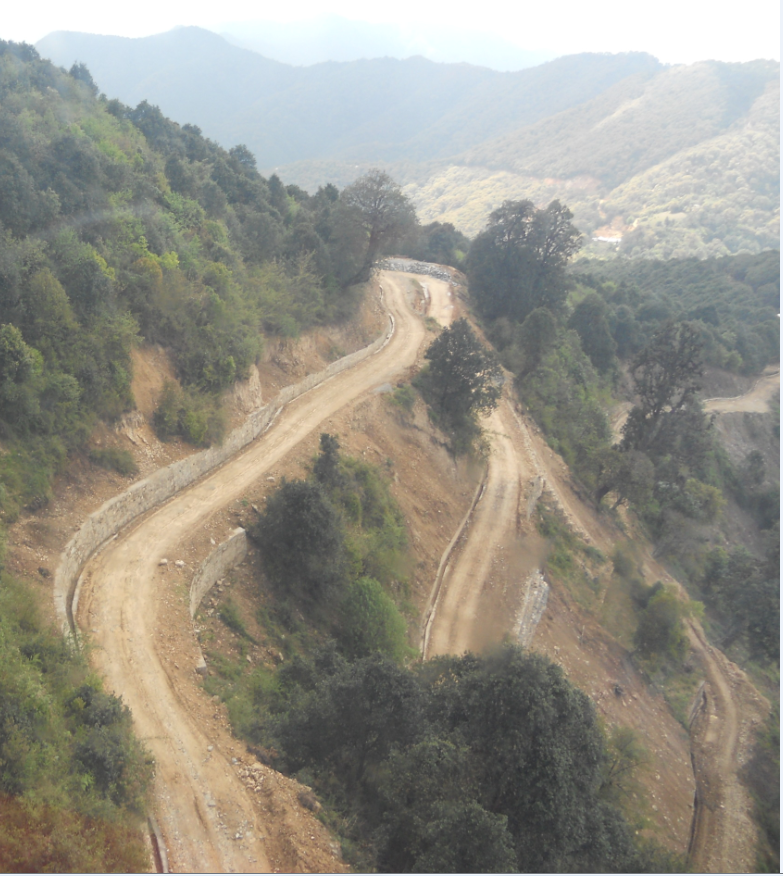
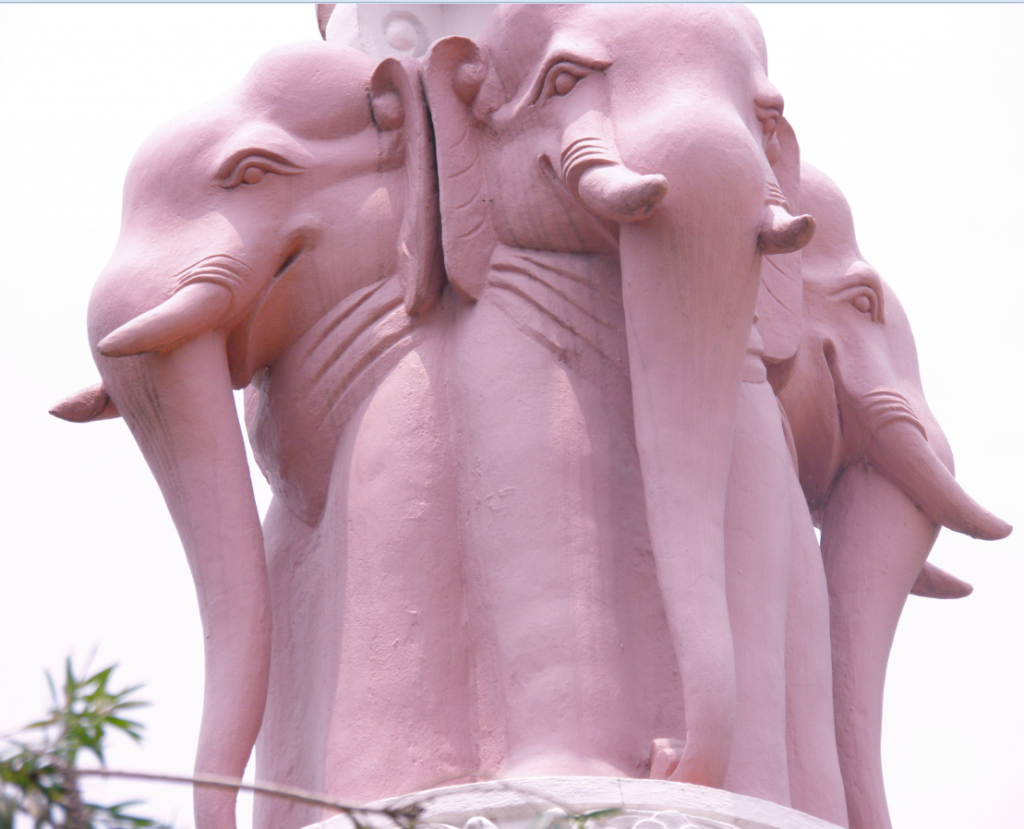
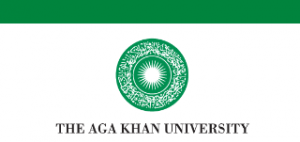
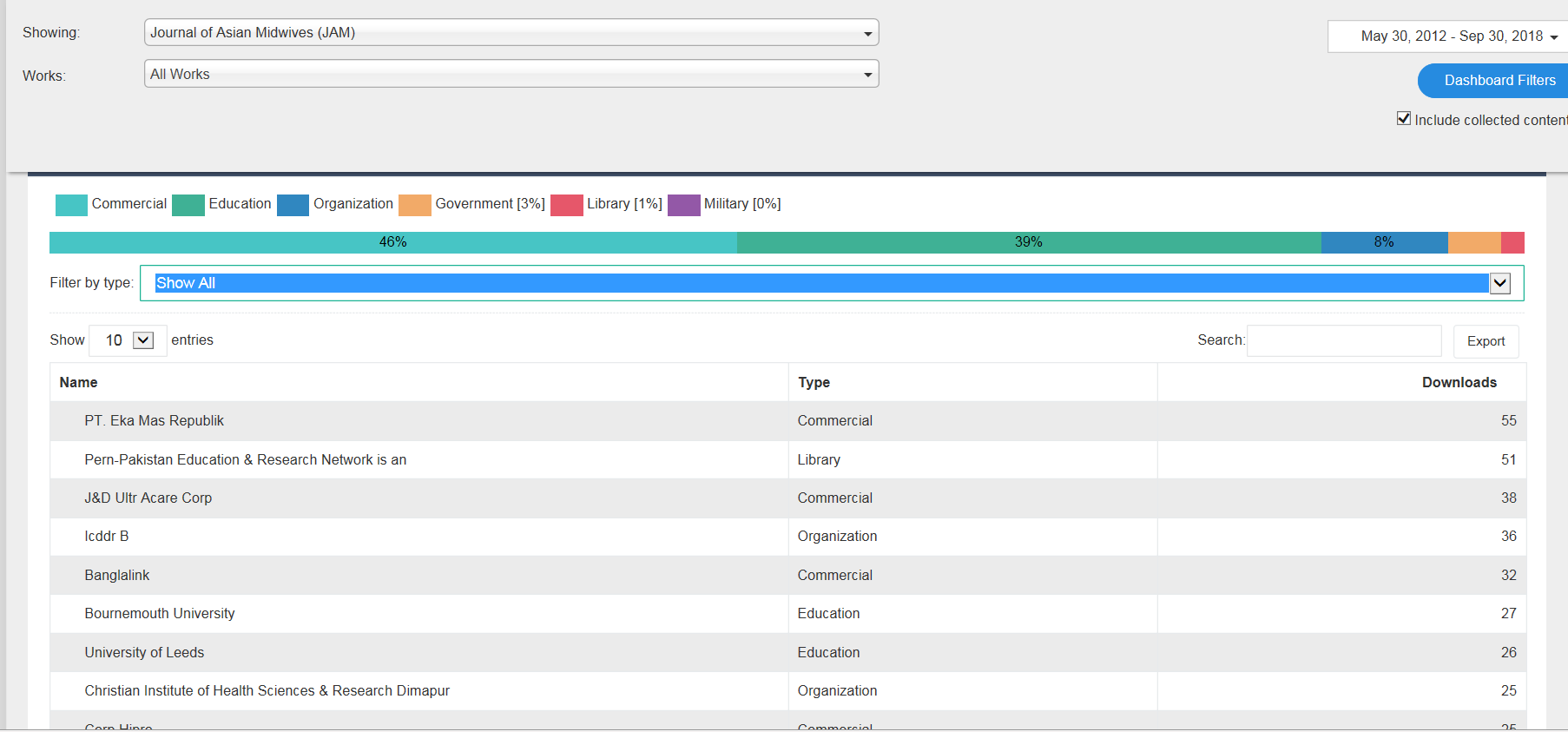

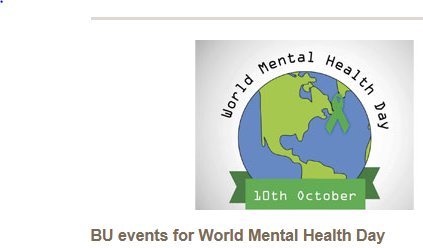
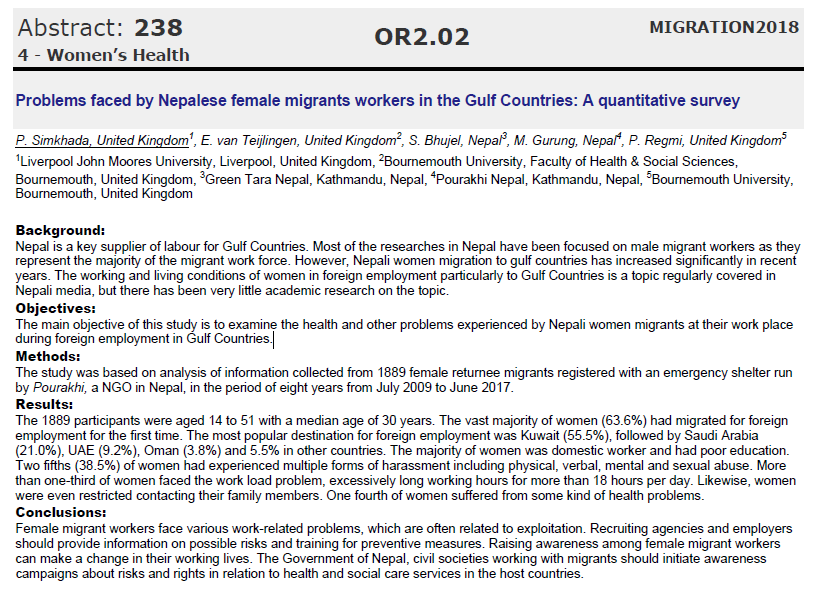
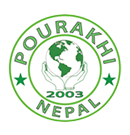
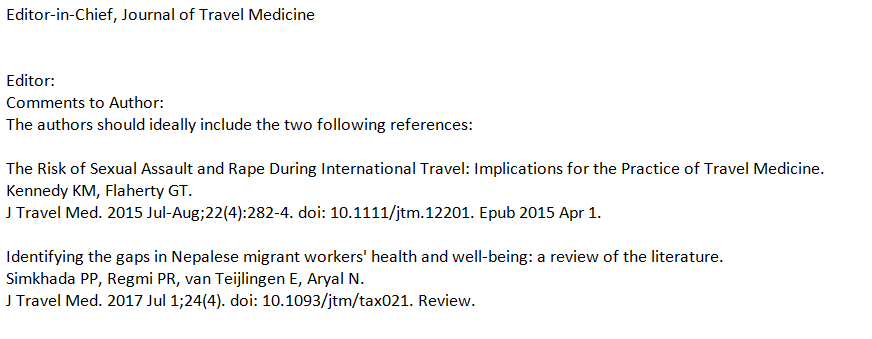
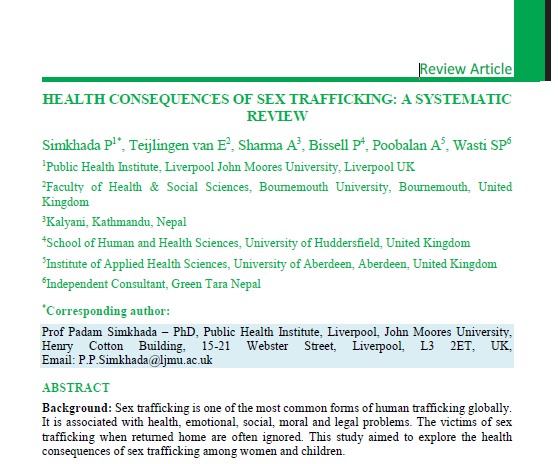
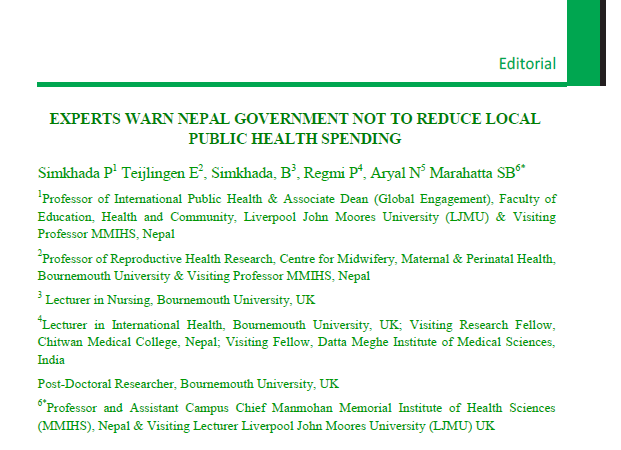












 Dr. Ashraf cited on ‘Modest Fashion’ in The Guardian
Dr. Ashraf cited on ‘Modest Fashion’ in The Guardian NIHR-funded research launches website
NIHR-funded research launches website Academics write for newspaper in Nepal
Academics write for newspaper in Nepal New paper published on disability in women & girls
New paper published on disability in women & girls Global Consortium for Public Health Research 2025
Global Consortium for Public Health Research 2025 MSCA Postdoctoral Fellowships 2025 Call
MSCA Postdoctoral Fellowships 2025 Call ERC Advanced Grant 2025 Webinar
ERC Advanced Grant 2025 Webinar Horizon Europe Work Programme 2025 Published
Horizon Europe Work Programme 2025 Published Horizon Europe 2025 Work Programme pre-Published
Horizon Europe 2025 Work Programme pre-Published Update on UKRO services
Update on UKRO services European research project exploring use of ‘virtual twins’ to better manage metabolic associated fatty liver disease
European research project exploring use of ‘virtual twins’ to better manage metabolic associated fatty liver disease